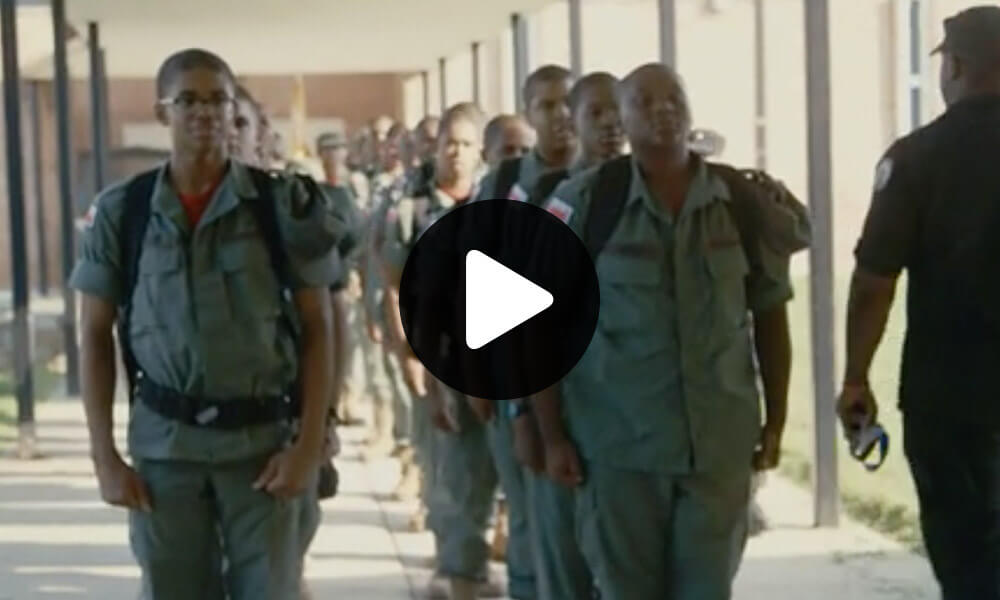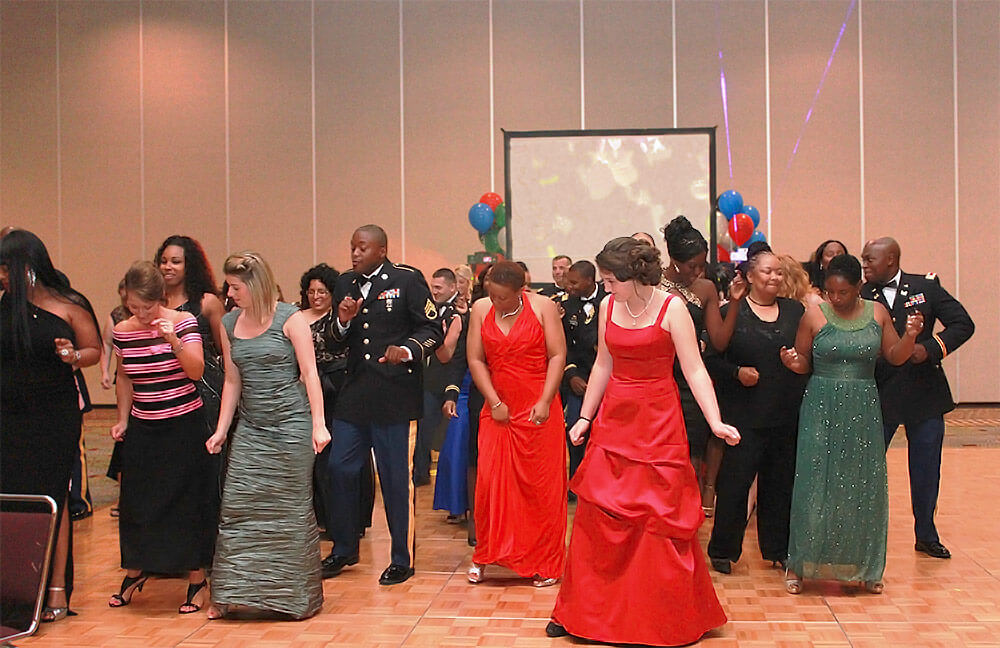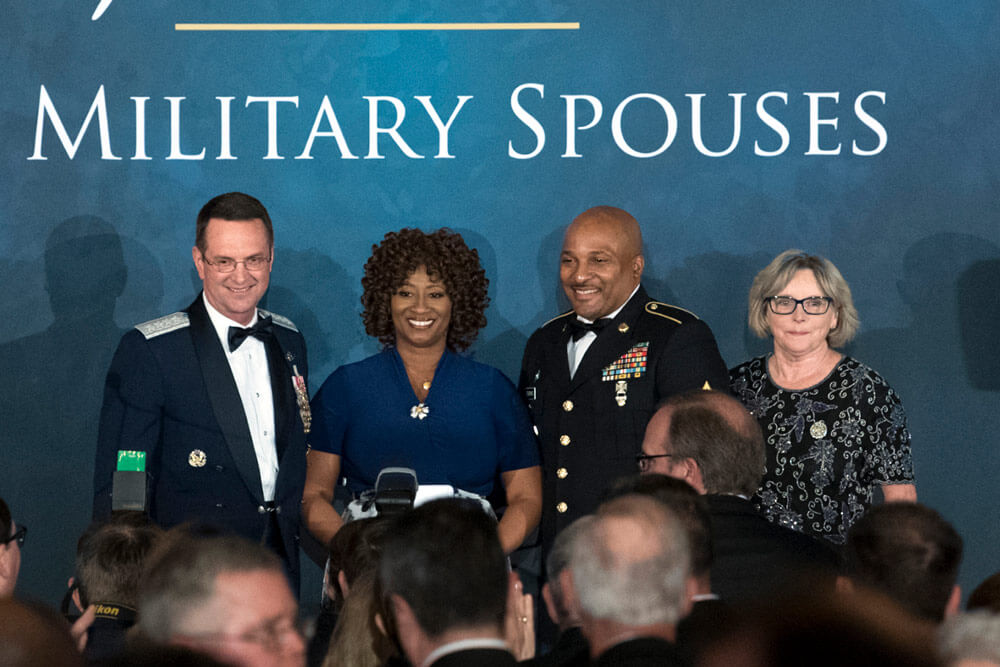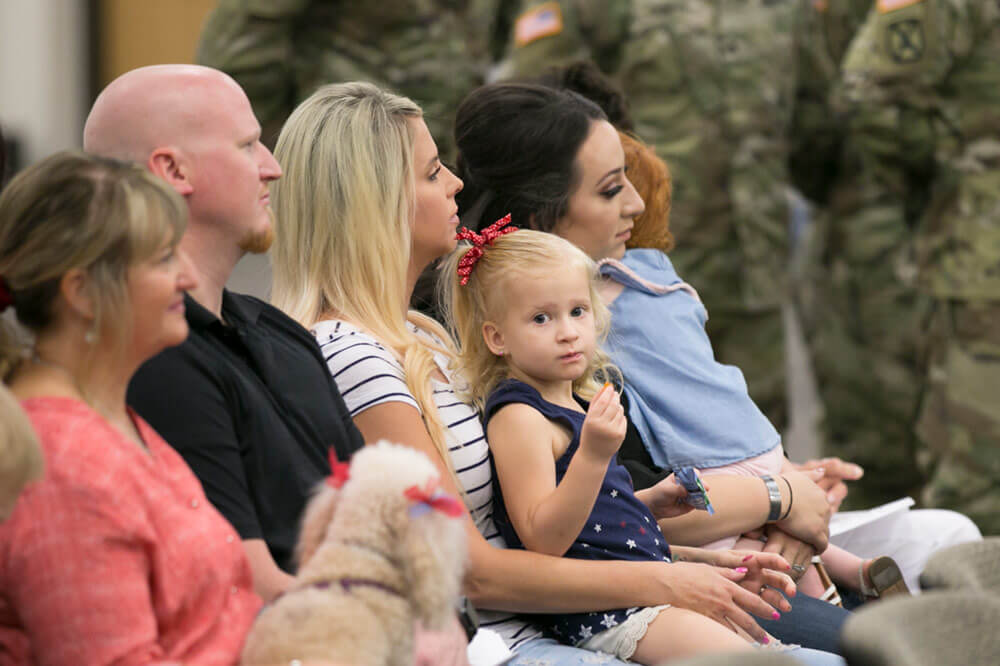For the past 25 years, the National Guard has been dedicated to giving at-risk youth a second chance at a better life.
As part of this effort, in 1993 the National Guard established the National Guard Youth ChalleNGe program – a free alternative education program for young men and women between the ages of 16 and 18, who have experienced difficulty in traditional high school settings.
Currently, 40 program locations are spread across 28 States, Puerto Rico and the District of Columbia. More than 160,000 cadets have graduated from the program to date, with an average of 10,000 cadets graduating each year. Graduates of the program have found success in college, trade school and careers in and outside of the military.
“It gives these at-risk kids a second chance that they wouldn’t otherwise have,” said COL Wallace Steinbrecher, director of Georgia’s Youth ChalleNGe program. “It’s a voluntary program, so they have to actually commit to make a change in their lives.”
The program utilizes discipline and training techniques based on proven Army tactics – emphasizing academic excellence, leadership, followership, job skill development, mental and physical health, community service, citizenship and life-coping skills.
The program follows a two-phased approach. The first phase is the core segment of the program and occurs across five and a half months at a Youth ChalleNGe Academy (YCA). During this time, cadets receive uniforms and haircuts, and live full-time at the academy – taking fully accredited academic classes and participating in drills and other structured program activities. Cadets are taken out of their everyday surroundings to remove potentially poor influences like social media, email, friends, personal items and other distractions.
“They are removed from their normal environments and placed in an environment where they can focus 100 percent on themselves and gaining the skills they need,” explained Kimberly Folsom-Kuster, national program manager for the Youth ChalleNGe program. “The experience can turn the direction of their lives in a completely different way – for the better.”
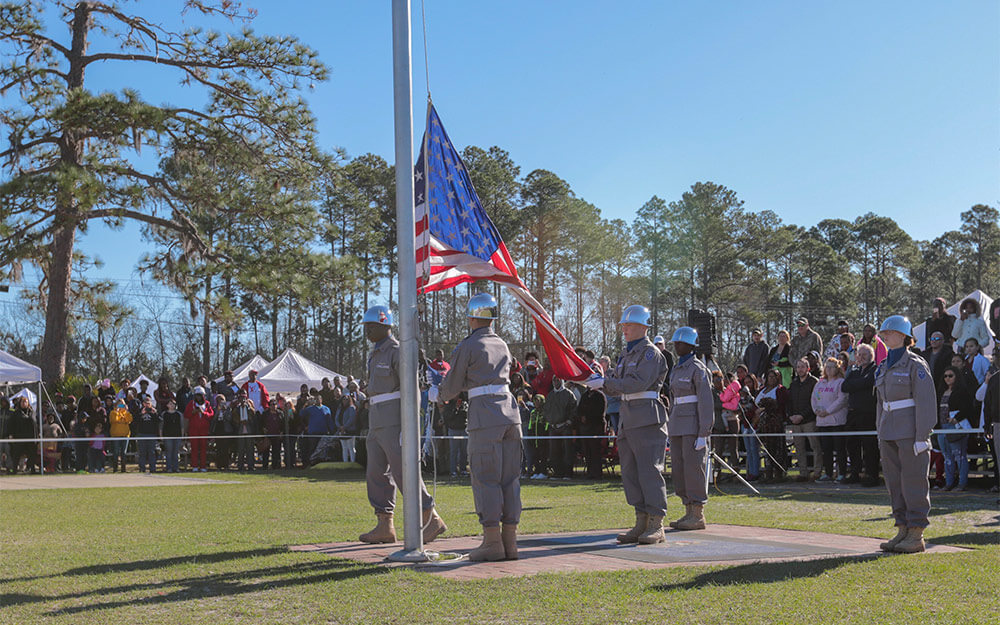
Georgia Army National Guard photo by SSG R.J. Lannom Jr.
The in-residence phase places cadets in a structured and disciplined setting where they can develop their social, emotional, academic and basic-life skills.
Once a cadet graduates from the first phase of the program, they move on to the second phase – a 12-month non-residential program. In this phase, cadets are paired with a specially trained mentor from the cadet’s community, with whom they work on a daily basis. The Youth ChalleNGe program is the only program of its kind that provides graduates with a personal mentor for a full year to help them transition out of the program and onto a productive path for life.
“The mentor provides a touchpoint for [graduates] to go back to whenever they need guidance,” explained COL Steinbrecher.
As one of the original 10 YCAs established in 1993, Georgia’s Fort Stewart campus hosted civic leaders and alumni during their 25th Anniversary Celebration and All Class Reunion.
Garnering hundreds of attendees, including more than 50 civic and business leaders, the event was a testament to, and celebration of, the Georgia Youth ChalleNGe program’s impact on both its graduates and the State.
“I learned who I was because of the YCA,” said Churisse Jones, a graduate of Fort Stewart’s YCA class of 1998. “YCA taught me that to be successful, you must have [high] character. If you have poor character, you will fail.”
During the celebration, Jones was with her former instructor, SFC Annie Powell (Ret.) of the Georgia Army National Guard.
“Ms. Powell has been a mentor to me throughout the last 20 years,” Jones explained. “We talk all the time about my goals.”
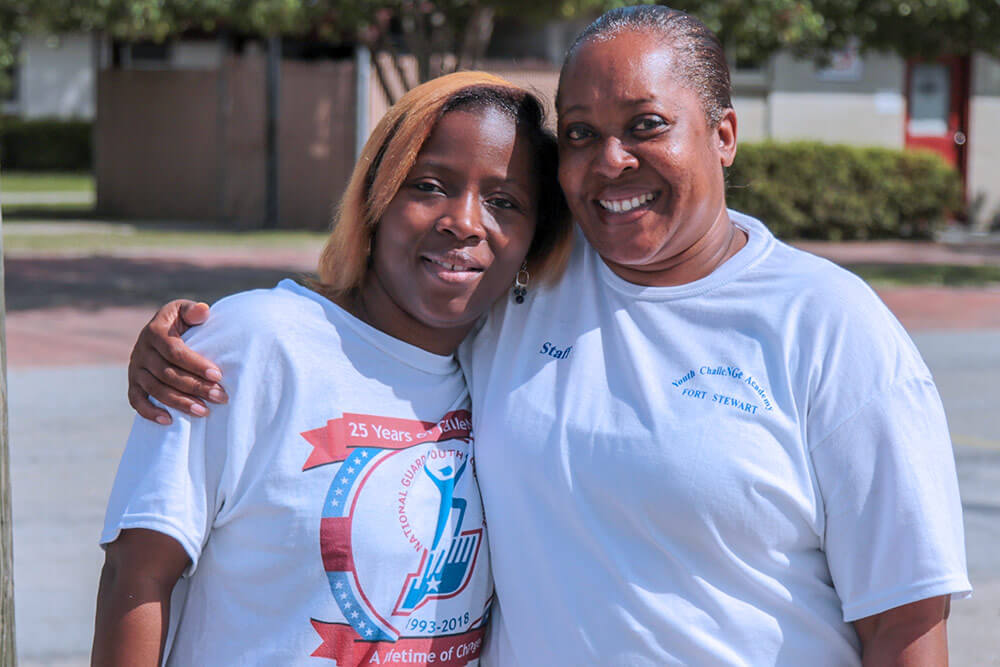
Georgia’s three YCA locations have graduated more than 16,000 cadets. Of those graduates, 42 percent went on to educational institutions including liberal arts college, technical college or, for cadets who entered as high school juniors at risk of dropping out, back to high school. Forty-five percent of cadets ultimately gained steady employment outside of the military and eight percent went on to join the Armed Forces. While the program hopes to increase the number of graduates joining the military, its leaders note that is not the core mission of the academies.
“We don’t want to be seen as a recruiting tool for the military – that is not what we do,” COL Steinbrecher explained. “We are trying to raise that number, because there are a lot of benefits for these at-risk kids who go into the military. They continue on in the military environment and that military environment is what we have found is the key to [their] success.”
Folsom-Kuster attributes the program’s 25 years of long-term success to the military environment and the dedication of the staff and instructors to the program’s core mission.
“The staff members that operate the program at the State level are truly gifted,” she said. “We have active and retired military, former legislators and remarkable educators, so there is a lot of experience and wisdom. Many of our staff members view it as a calling and not a job. They believe in the program and what we’re doing.”
Soldiers can partner with their State’s Youth ChalleNGe program by volunteering to serve as a mentor to a cadet during the non-residential phase of the program. They can also serve as role models by sharing their stories and setting an example for the cadets who are staying on-post during the program’s in-residence phase.
“It’s always a positive experience for cadets to have a role model to look up to when they are out doing their physical training every morning,” said Folsom-Kuster. “Guard Soldiers make up the communities that we live in and come from all walks of life. Just sharing their career experiences with cadets opens their mind to opportunities they didn’t know existed otherwise.”
For more information on the National Guard Youth ChalleNGe program, including a listing of YCA locations, Soldiers can go to JointServicesSupport.org/ngycp.
By Staff Writer Tatyana White-Jenkins
